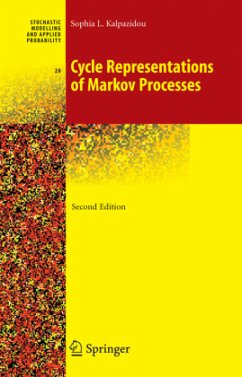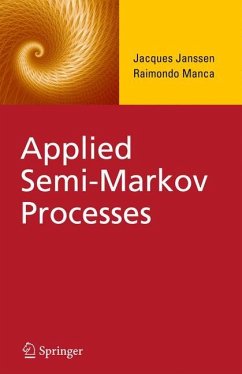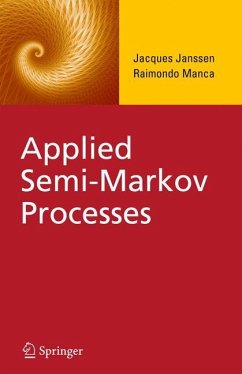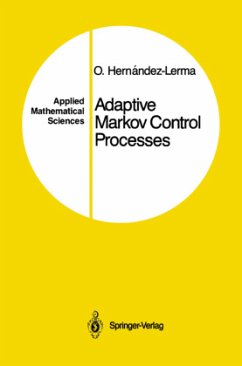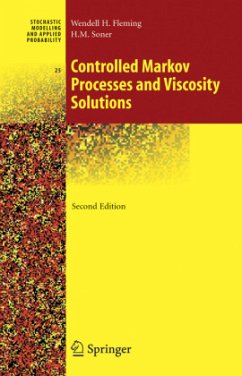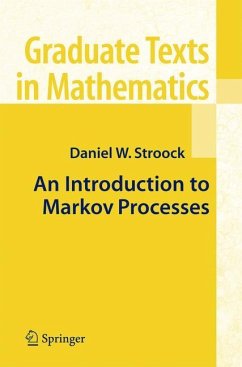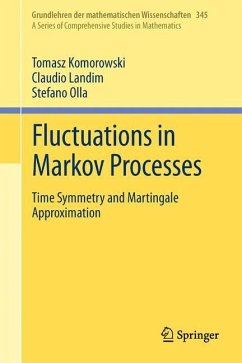Nicht lieferbar
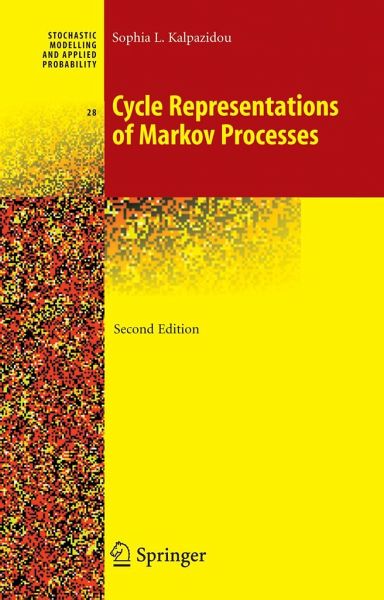
Cycle Representations of Markov Processes
The cycle representations of Markov processes have been advanced after the publication of the ?rst edition to many directions. One main purpose of these advances was the revelation of wide-ranging interpretations of the - cle decompositions of Markov processes such as homologic decompositions, orthogonality equations, Fourier series, semigroup equations, disinteg- tions of measures, and so on, which altogether express a genuine law of real phenomena. The versatility of these interpretations is consequently motivated by the existence of algebraic topological principles in the fundamentals of th...
The cycle representations of Markov processes have been advanced after the publication of the ?rst edition to many directions. One main purpose of these advances was the revelation of wide-ranging interpretations of the - cle decompositions of Markov processes such as homologic decompositions, orthogonality equations, Fourier series, semigroup equations, disinteg- tions of measures, and so on, which altogether express a genuine law of real phenomena. The versatility of these interpretations is consequently motivated by the existence of algebraic topological principles in the fundamentals of the - clerepresentationsofMarkovprocesses,whicheliberatesthestandardview on the Markovian modelling to new intuitive and constructive approaches. For instance, the ruling role of the cycles to partition the ?nite-dimensional distributions of certain Markov processes updates Poincare s spirit to - scribing randomness in terms of the discrete partitions of the dynamical phase state; also, it allows the translation of the famous Minty s painting lemma (1966) in terms of the stochastic entities. Furthermore, the methods based on the cycle formula of Markov p- cesses are often characterized by minimal descriptions on cycles, which widelyexpressaphilosophicalanalogytotheKolmogoroveanentropicc- plexity. For instance, a deeper scrutiny on the induced Markov chains into smallersubsetsofstatesprovidessimplerdescriptionsoncyclesthanonthe stochastic matrices involved in the taboo probabilities. Also, the rec- rencecriteriaon cyclesimprovepreviousconditionsbased on thestochastic matrices, and provide plenty of examples.






